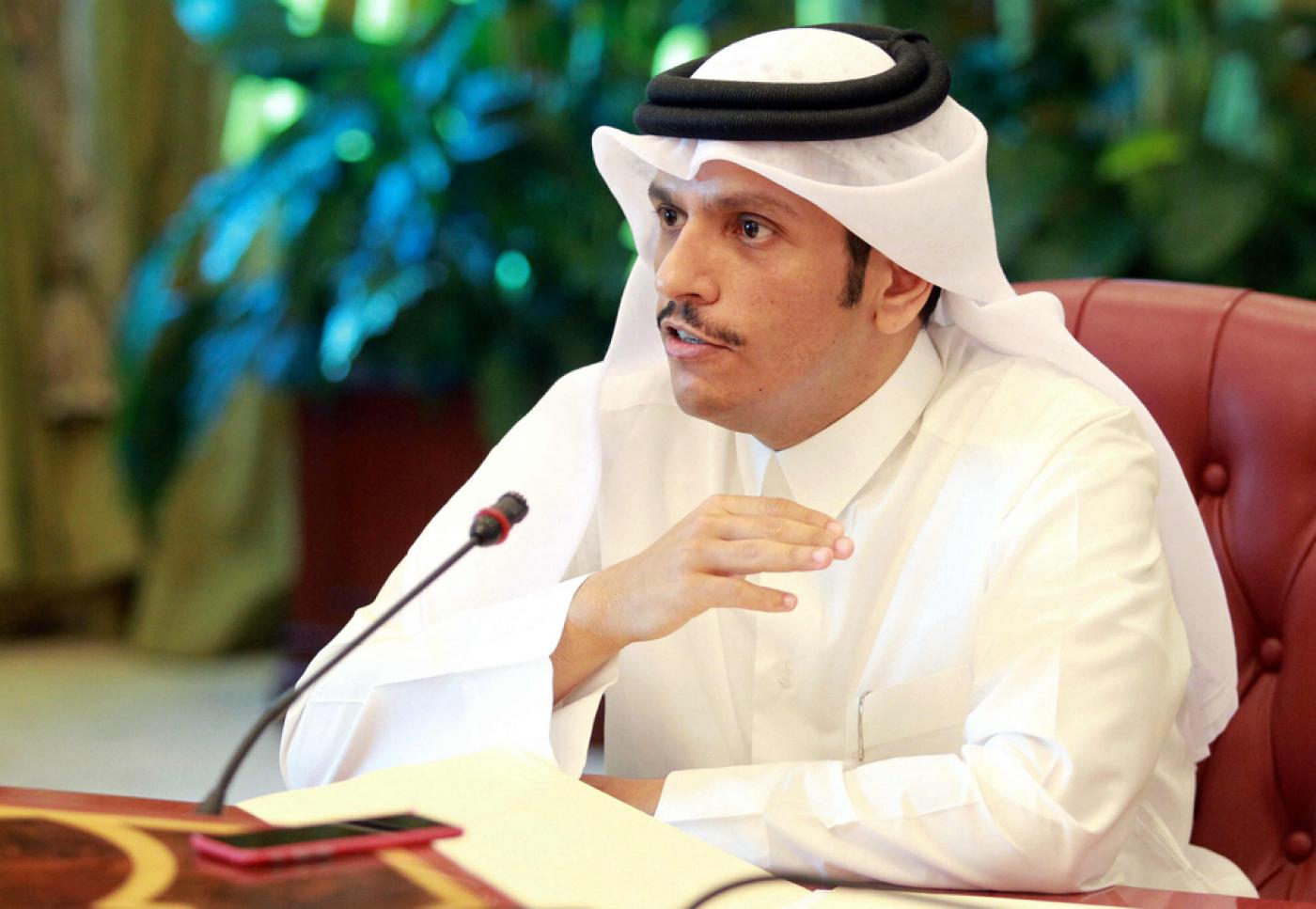Iran’s foreign minister and the EU’s Foreign Policy Chief Josep Borrell had a phone call earlier this week to discuss the state of the nuclear talks.
Qatar’s Foreign Minister Sheikh Mohammed bin Abdulrahman Al Thani said attaining a common ground with regards to the nuclear deal between Iran and relevant world powers will aid in boosting stability in the Gulf region and help oil markets.
According to the country’s ministry of foreign affairs, the top diplomat said “pumping additional quantities of Iranian oil to the markets will help stabilise crude prices and reduce inflation.”
Qatar’s foreign minister also stated, in remarks further amended and cited on Sunday by Al Jazeera TV, that Doha had been informed by Iran that matters were “under review” regarding reviving a nuclear deal between Iran and world powers.
As per Al Jazeera’s reports, the minister expressed his country’s hope that the Amir Sheikh Tamim bin Hamad Al Thani’s visit to Tehran in early May as well as his ongoing Europe tour will help place the nuclear deal, formally known as the Joint Comprehensive Plan of Action (JCPOA), “back on track.”
The Qatari envoy’s commentary came during an interview with Düsseldorf-based newspaper, Handelsblatt daily on Friday, held on the sidelines of the amir’s visit to Germany as part of his Europe tour.
On Monday, following Sheikh Mohammed’s remarks, the Qatari foreign minister held a call with his Iranian counterpart, Hossein Amirabdollahian, in which the two discussed the latest developments exchanged between the leaders of the two countries during the amir’s visit to Tehran.
Sheikh Tamim had met with Iran’s Supreme Leader Ayatollah Ali Khamenei and President Ebrahim Raisi during the trip.
The top diplomats also reviewed the upcoming FIFA World Cup Qatar 2022 as well as “negotiations to lift US sanctions,” according to Mehr News Agency.
Both sides stressed the crucial role of continued consultation in a bid to pursue issues of common concerns on both a regional and an international level.
Possible restoration of the JCPOA
On Friday, Sheikh Tamim expressed his optimism during a press conference in Germany over Iran’s nuclear file saying: “We hope that there will be an agreement between the parties of the nuclear deal, and Qatar is ready to participate in resolving this dispute.”
On Saturday, Majed Mohammad Al Ansari, spokesman for Qatar’s foreign affairs ministry said that the Gulf country is “very optimistic” about progress in the nuclear talks to attain “peace and stability in the Gulf region.”
“We hope an agreement that satisfies all parties and guarantees Iran’s right to peaceful use of nuclear energy will be reached as soon as possible,” Al Ansari said.
Qatar’s mediating role in nuclear talks
Qatar’s mediating efforts are seen further underlined as Doha tries to offer its intermediary position between Iran and the United States. The US unilaterally abandoned the deal in 2018 under the former Donald Trump administration’s “maximum pressure” campaign on the country.
“Qatar is being seen by both sides as a useful and trusted intermediary, through whom some options might be explored that either side is unwilling to be seen to offer directly,” Dr Gerd Nonneman, professor of International Relations and Gulf Studies at Georgetown University Qatar told Doha News.
Doha “may also be able to offer a conduit for certain financial transactions that the two parties do not want to be seen to be engaged in or that they legally cannot undertake, even though they may be necessary to arrive at a deal,” he continued.
“There does appear to be some signalling going on that there may be a little room for manoeuvre, but it is by no means clear that this will be enough,” Dr Nonneman said while referring to Qatar’s mediating role with regards to the pending nuclear talks.
Talks with world powers to revive the nuclear deal has been in deadlock since March.
Under President Raisi’s administration, “Qatar like before, follows a policy where it can agree to disagree with Iran on a number of key policy issues, without letting this derail the pragmatic modus vivendi and cooperation that is useful for both sides. Ideology, in other words, does not enter into it,” he said.
Modus vivendi refers to an arrangement or agreement that enables conflicting parties to coexist peacefully, either indefinitely or until a final settlement is reached.
A successful mediation between Iran and the US would “once again add to the perception that Qatar offers a very useful role in regional diplomacy by enabling parties who cannot fully engage with each other directly, to exchange ideas and offers through a 3rd-party trusted intermediary,” Dr Nonneman told Doha News.







